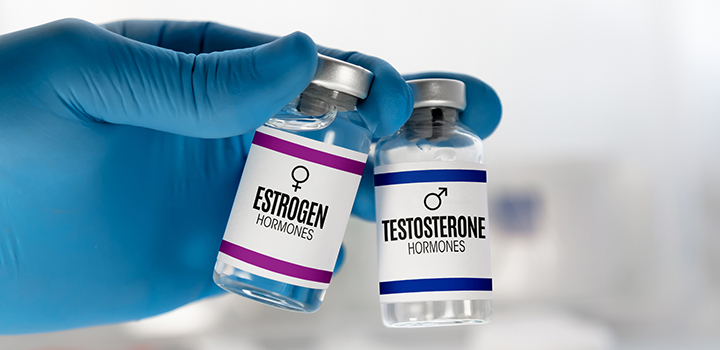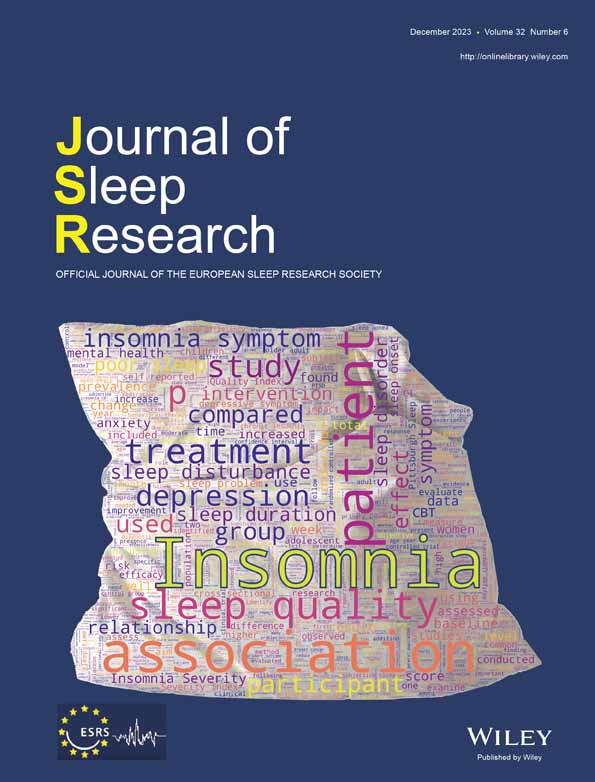
A new article entitled “Hormone replacement therapy is associated with improved cognition and larger brain volumes in at-risk APOE4 women: results from the European Prevention of Alzheimer’s Disease (EPAD) cohort” has recently been published in the journal Alzheimer’s Research and Therapy.
The published study showed that Hormone Replacement Therapy (HRT) use is associated with better memory, cognition and larger brain volumes in later life among women carrying the APOE4 gene – the strongest risk factor gene for Alzheimer’s disease. The research team found that HRT was most effective when introduced early in the menopause journey during perimenopause.
Prof Anne-Marie Minihane, from UEA’s Norwich Medical School and director of the Norwich Institute for Healthy Aging at the University of East Anglia (UEA), led the study in collaboration with Prof Craig Ritchie at the University of Edinburgh.
The research team studied data from 1,178 women participating in the European Prevention of Alzheimer’s Dementia (EPAD) initiative to analyse the impact of HRT on women carrying the APOE4 genotype.
Prof Minihane said: “We know that 25 per cent of women in the UK are carriers of the APOE4 gene and that almost two thirds of Alzheimer’s patients are women. In addition to living longer, the reason behind the higher female prevalence is thought to be related to the effects of menopause and the impact of the APOE4 genetic risk factor being greater in women.We wanted to find out whether HRT could prevent cognitive decline in at-risk APOE4 carriers.”
Prof Craig Ritchie, said: “This important finding from the EPAD Cohort highlights the need to challenge many assumptions about early Alzheimer’s disease and its treatment, especially when considering women’s brain health. An effect on both cognition and brain changes on MRI supports the notion that HRT has tangible benefit. These initial findings need replication however in other populations.”
Congratulations to all authors: Rasha N. M. Saleh, Michael Hornberger, Craig W. Ritchie and Anne Marie Minihane.
You can read the press release from the University of East Anglia here: https://www.uea.ac.uk/news/-/article/HRT-could-ward-off-Alzheimers-among-at-risk-women
You can read the published paper here: https://doi.org/10.1186/s13195-022-01121-5
To access the EPAD data, you will need to make an online request via the Alzheimer’s Disease Workbench of the Alzheimer’s Disease Data Initiative (ADDI): https://alzheimer.noemi.lu/open-access-data/overview/
For more information or to request an interview, please contact the UEA communications office on +44 (0)1603 593496 or email communications@uea.ac.uk.







